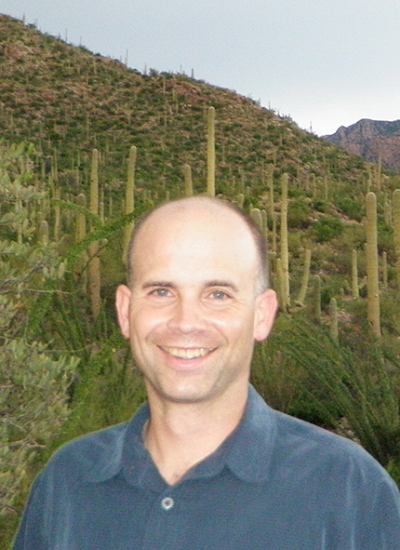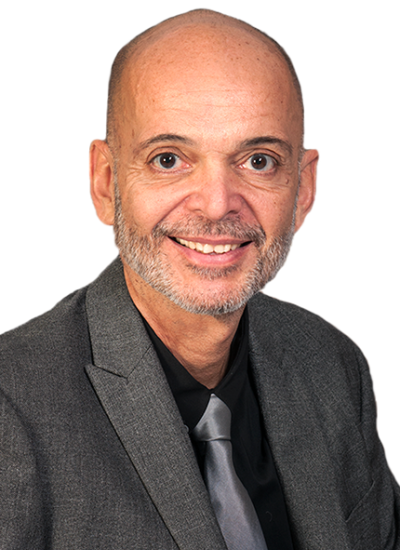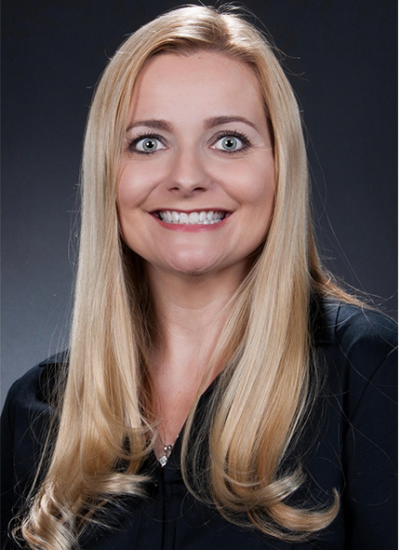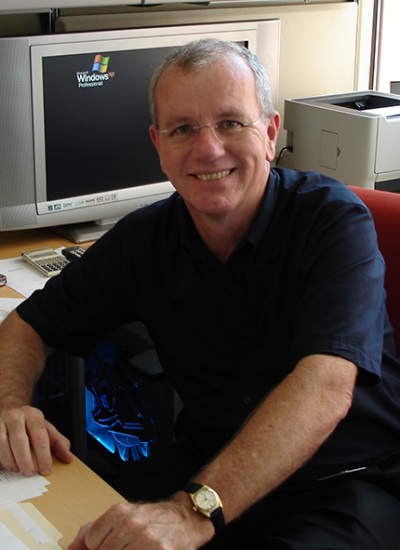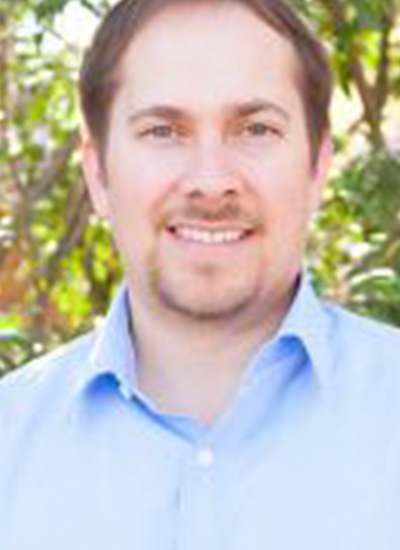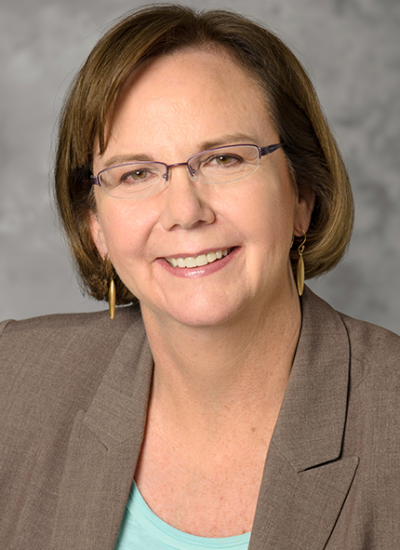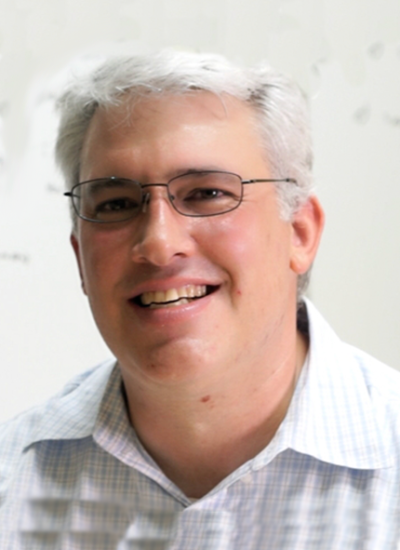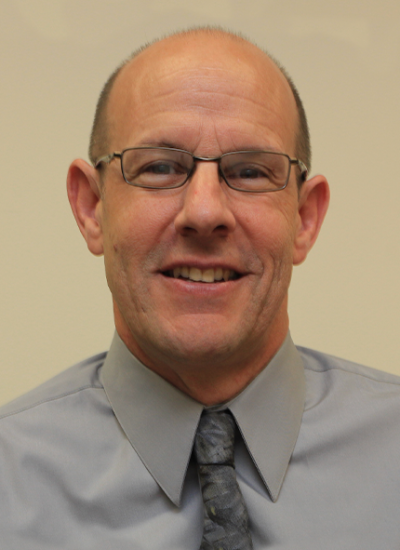What we’re interested in: For all vertebrates, from mice to humans, vaccine-induced and naturally primed immunity to pathogens require that coordinated, multi-cellular responses emerge from a myriad of ‘conversations’ that take place between cells of the immune system. These conversations occur via cytokines and chemokines that are secreted by one cell and detected via receptors on other cells. They also occur via direct contacts between membrane-bound molecules at the interface between two cells. Ultimately, these conversations are responsible for insuring that an appropriate immune response occurs in the appropriate place, and at the appropriate time, to fight an infection without inducing an inappropriate response to commensal organisms or self-antigens. The molecules on T cells that are involved in these conversations include but are not limited to: the T cell receptor (TCR), which provides clonotypic antigen specificity to T cells; the CD3δε, γε, and ζζ signaling dimers that connect the TCR to the intracellular signaling machinery; the CD8 and CD4 coreceptors that provide major histocompatibility molecule (MHC)-restriction for T cells that recognize antigenic peptides bound to class I or II MHC, respectively; and costimulatory molecules, such as CD28, that provide information about the activation state of an antigen presenting cell (APC) and thus the context in which an antigen occurs. We are interested in understanding how the individual contributions from this chorus of molecules are integrated to achieve the critical balance between tolerance of self-antigens and protective immunity against pathogenic infection. Specifically, we are working to understand how the information that is critical for T cells to decide if and how they should respond to antigen is conveyed from an antigen presenting cell (APC) to a T cell. We are using a variety of classic molecular, cellular, and biochemical techniques, as well as more modern live cell imaging approaches, to probe the molecular mechanisms involved in these processes. We are also developing mouse model systems to determine how individual mechanisms contribute to T cell responses in vivo during pathogenic infection or autoimmunity. Altogether, our work is aimed at increasing our basic and practical appreciation of T cell responses and regulation.


